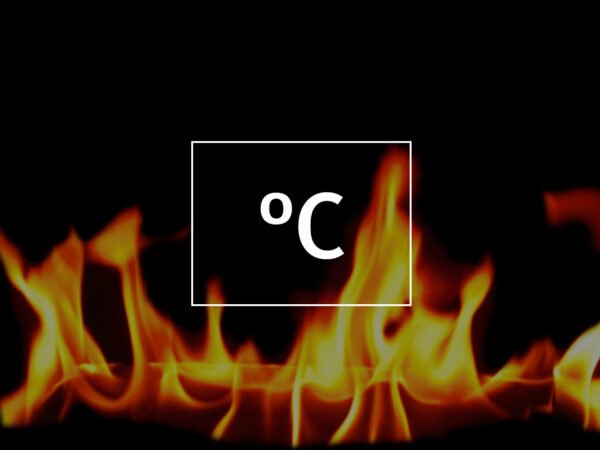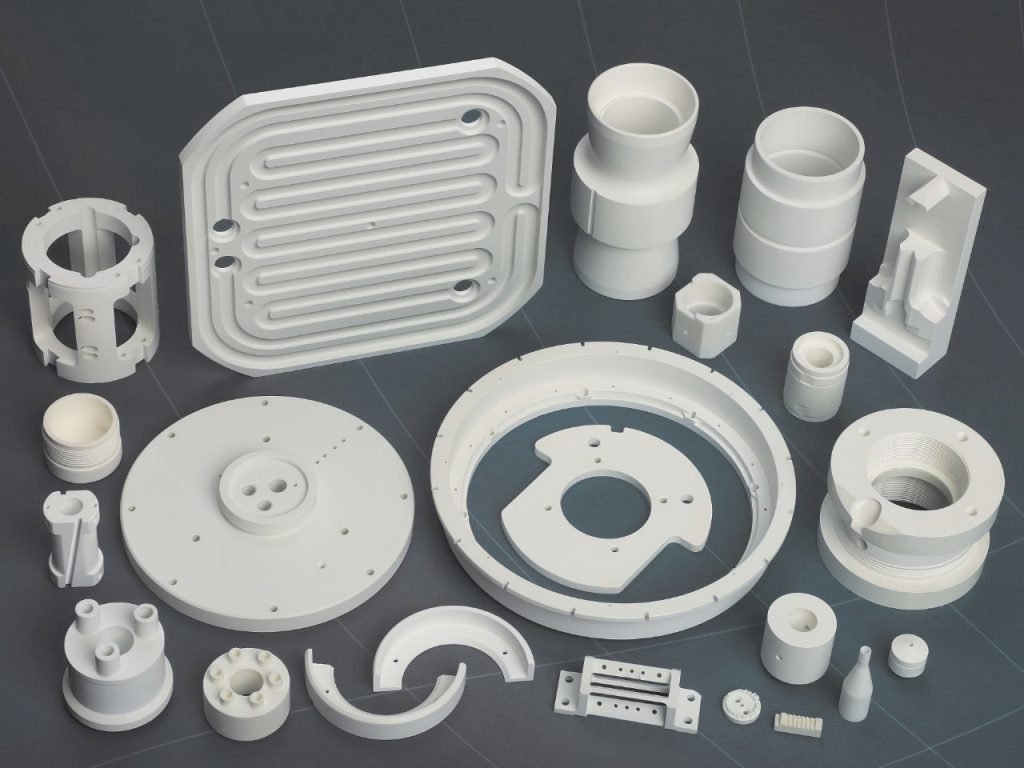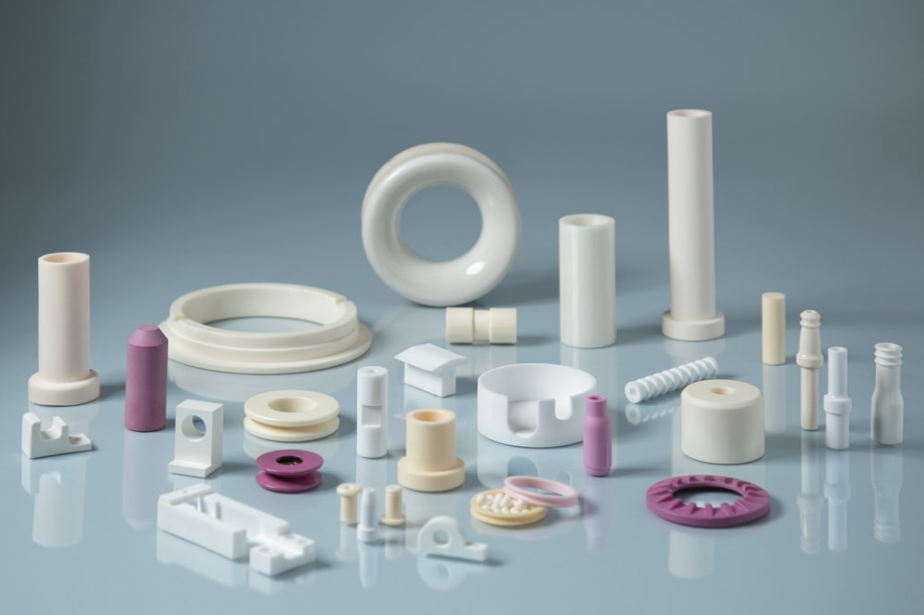Maximum Temperature
Maximum Temperature
Advanced ceramics work at temperatures way above standard ceramics that are clay based , these are typically in the region of 650C, and advanced ceramics are considered up to 2200c and then specialist ceramics classed as UTC or ultra high temperature ceramics operate above that temperature band but these are rare materials. When compared to stainless steel this melts between 1400-1500c, so advanced ceramics can provide a useful solution in critical applications such as aero engines and semiconductor heaters.
When considering materials to be used around 2000c attention should be paid to the atmosphere as most of these materials are nitride or carbide based , and need an inert atmosphere to work as the presence of oxygen can limit the temperature at which these function.
At higher temperatures, its worth discussing other operating conditions such as thermal shock , electrical performance to understand the requirement fully. Materials such as silicon Carbide function well at 2000c and work well with thermal shock, but are not electrical insulators, and alternate materials such as Boron Nitride or Shapal may need to be considered.

Materials Ranked by Maximum Temperature (Inert)
Boron Nitride (BN) is top of the charts when it comes to maximum temperature withstanding temperatures up to 2000℃. It also has outstanding thermal conductivity and has good machinability amongst other attributes. A close 2nd is Shapal Hi M Soft™ withstanding temperatures up to 1900℃ and also offering high mechanical strength and thermal conductivity.

Boron Nitride (BN) - Various Grades
2000 ℃
Boron Nitride (BN) is an advanced synthetic ceramic material available in solid and powder form. It has outstanding thermal conductivity and is easy to machine whilst maintaining it’s electrical insulation properties.

Shapal Hi M Soft™ - Machinable AlN
1900 ℃
Shapal Hi-M Soft is a hybrid type of machinable Aluminum Nitride (AlN) ceramic that offers high mechanical strength and thermal conductivity whilst maintaining it’s electrical properties.

Silicon Carbide (SiC) – CeramaSil-C™
1900 ℃
Silicon Carbide (SiC) is one of the lightest, hardest, and strongest advanced ceramic materials with exceptional thermal conductivity, acid resistance, and low thermal expansion.

Alumina (Al2O3) – CeramAlox™ Ultra Pure
1750 ℃
CeramaAlox Ultra Pure is a very high purity (99.95%) grade of Alumina (Aluminium Oxide) exhibiting an exceptional combination of mechanical and electrical properties.
Related Properties

Fracture Toughness
The ability to resist fracture is a mechanical property of materials known as fracture toughness. For advanced ceramics it uses a critical stress intensity factor known as KIC where the fracture normally occurs at the crack terminations.

Density
Density is the mass of a material per unit volume. The unit of measurement can be expressed in different ways and is referred us as g/cm3 but another measurement value is kg/m3.

Hardness
One of the most valuable characteristics of advanced ceramics in high-performance applications is their extreme hardness. Hard ceramic materials are used for a wide range of applications in diverse fields and applications such as cutting tools for milling and grinding.
